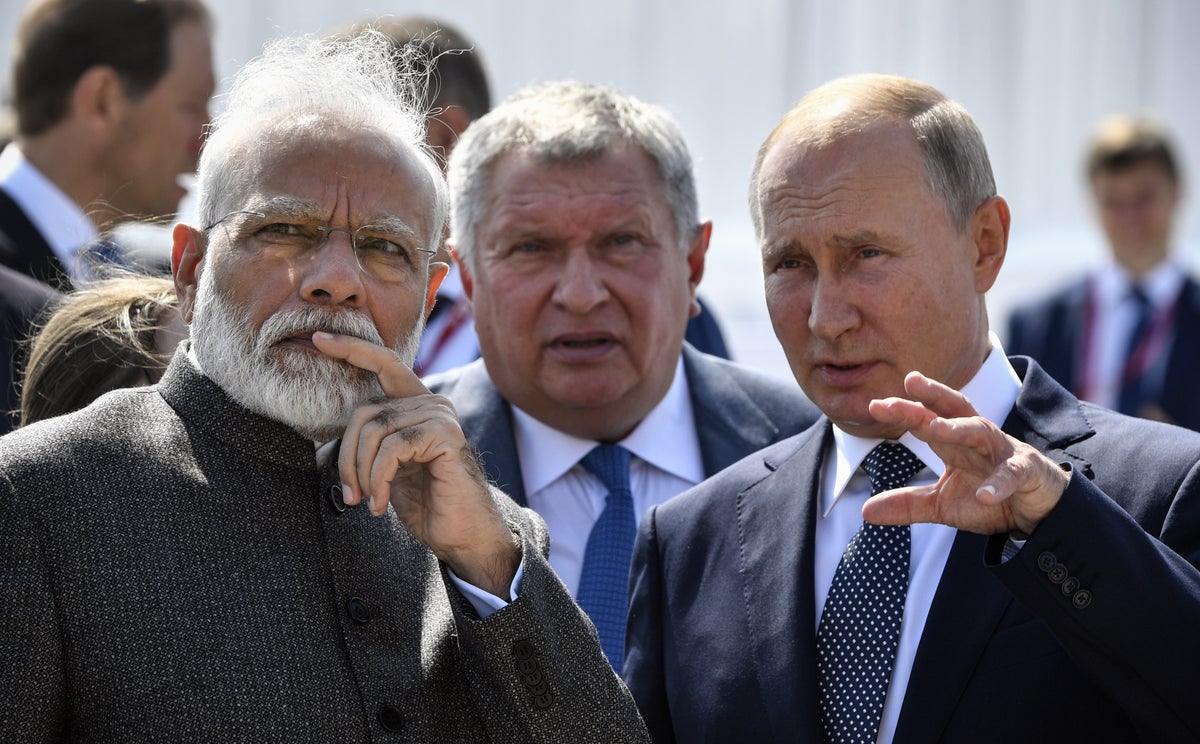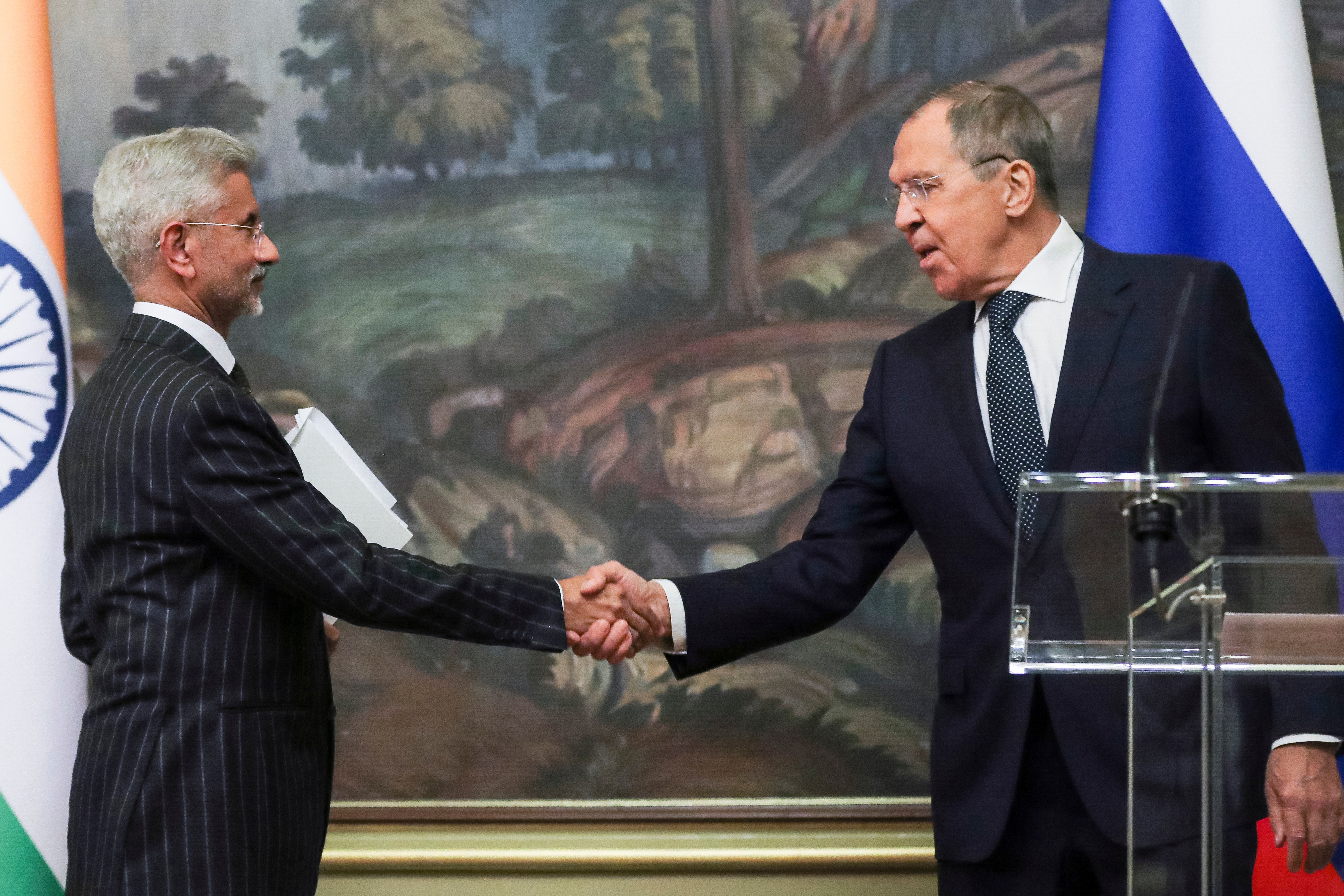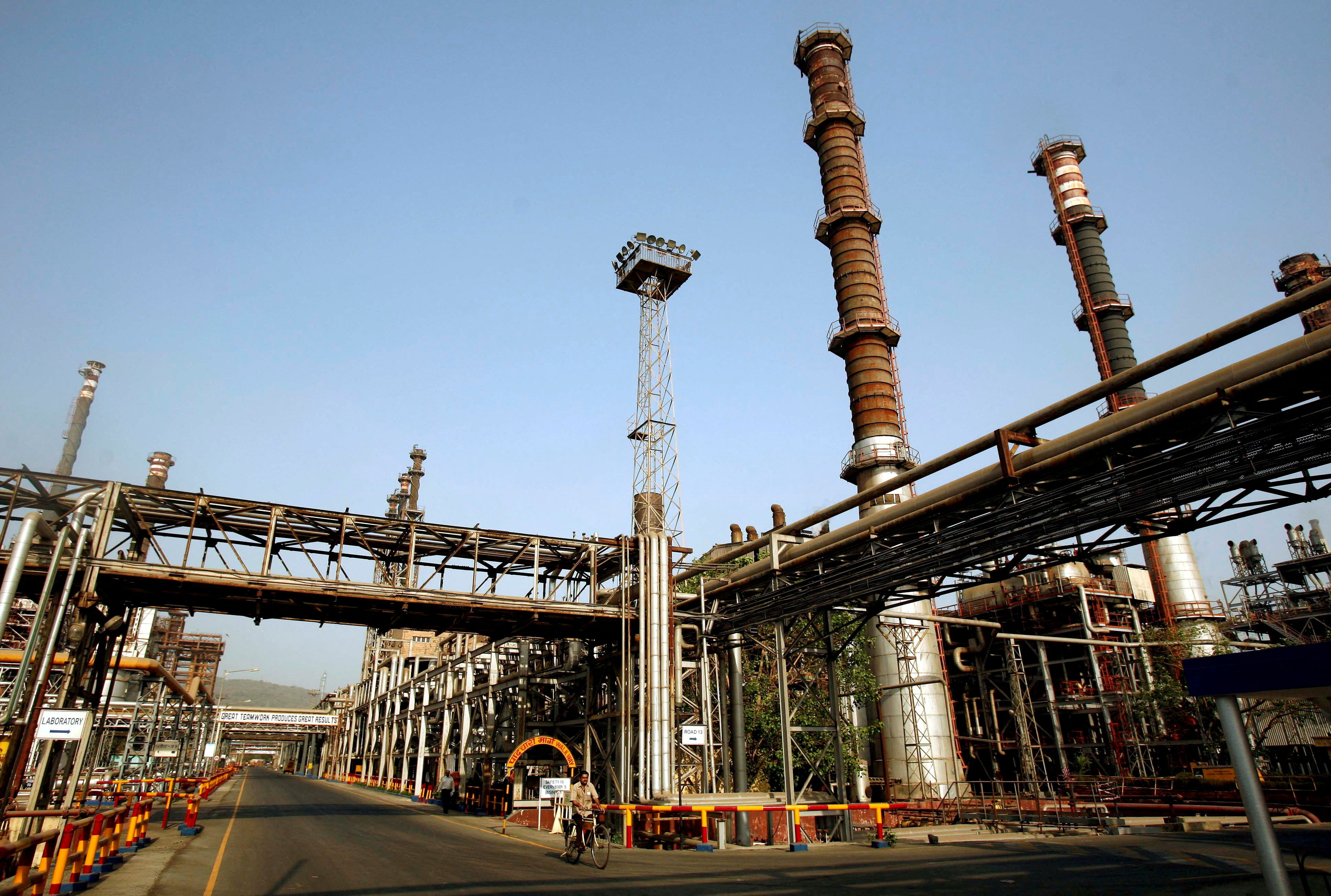
Russia is on its way to becoming India’s top oil supplier this month in a move that will likely undermine the impact of a price cap imposed by G7 countries and their Western allies.
Russian crude oil loadings bound for India climbed to the highest level in November as refiners purchased more than 1 million barrels per day (bpd), according to data provided to The Independent by commodities tracking firm Kpler.
The Narendra Modi-led government has been snapping up crude at discounted rates from Russia since the Ukraine invasion, as Western nations looked to pivot away from their reliance on Moscow for energy supplies.
From almost nothing in January and February this year, Russia’s oil exports bound for India climbed to 902,000 bpd by October and rose to a record high of a little more than 1 million bpd in November, according to preliminary data.
“This will likely result in Russia being India’s number one supplier in December,” Matt Smith, lead oil analyst at Kpler, told The Independent, overtaking its traditional Middle Eastern partners – Saudi Arabia and current top supplier Iraq – for the first time.
Delhi has not committed to the $60 per barrel price cap on Russian oil set by the G7 countries, including the European Union and Australia, in a bid to squeeze the Kremlin’s earnings from exports and stymie the money flowing to Vladimir Putin’s war chest.
It also comes as the European Union’s own partial embargo on Russian seaborne crude oil announced in May came into force on Monday, the same day the G7 enforced its price cap. The EU ban covers more than two-thirds of Russian oil imports coming into European countries.
India and China have become the two largest growing economies to buy Russian oil as Western democracies devised ways to squeeze the Russian economy and deepen its isolation. Delhi has repeatedly defended its imports from Russia, saying it has a responsibility to Indian citizens to get the best deal and that it will not be “pressured” by the West.
Rajeev Jain, additional director-general at India’s petroleum ministry, told The Independent that India’s ranking in Russia’s energy trade is “not a matter for our calculations” as Delhi’s only interest is in buying the cheapest oil.
“We will buy from wherever we get the cheapest oil. We are not concerned about becoming the number one or number two country [as] our interest lies in buying [wherever] we get the cheapest oil,” Mr Jain said.
He added that the G7 price cap will not affect Indian imports as the refiners buy through the best route and what is best available to them.
“We don’t negotiate on the route aspect. They buy as per their requirements and they negotiate as per the best rate available,” he said, referring to the entities involved in the trade.
India is now set to overtake the EU as the largest importer of oil from Russia, analysts say, with its purchases the major factor rendering the Western embargo measures ineffective.
“India will be the key contributor to ensuring the price cap is ineffective – they were a sporadic buyer of Russian crude prior to the invasion of Ukraine, but are now importing close to 1 million barrels per day, a third of Russian seaborne crude exports,” said Mr Smith.

Lauri Myllyvirta, a lead analyst at the Centre for Research on Energy and Clean Air non-profit, said the aim of the price cap is to push the price close to the cost of production and gradually deprive Russia of taxable profits being used to “fund Russia’s barbaric invasion of Ukraine”.
“India has dramatically increased purchases of Russian oil this year, from essentially zero in previous years. As the EU bans imports, India will overtake the EU as an importer, likely already in December,” he told The Independent.
He added that countries buying Russian oil and unwittingly financing its war in Ukraine was “a precautionary tale about the perils of fossil fuel dependence which go beyond air pollution and climate change”.
On Tuesday, Ukraine’s foreign minister Dmytro Kuleba hit out at India’s leadership for using the Ukraine invasion as an “opportunity” to buy cheap Russian oil, saying Delhi is snaring a good deal at the cost of the Ukrainian people.
He said the Indian government’s rhetoric of working in the interest of its own people has come at the cost of Ukrainian lives as they are “suffering from Russian aggression and dying every day”.
The sharpest rebuke yet from Ukraine came as India’s foreign minister Subrahmanyam Jaishankar reiterated on Monday that India will prioritise its own energy needs and continue to buy oil from Russia. He also criticised the EU for preaching to Delhi while continuing to import more Russian energy as a whole than India.

“It is somewhat comparing apples with oranges,” analyst Philip Jones-Lux of analytics platform for traders Sparta Commodities told The Independent.
“There are pipelines in place to many landlocked European countries who lack any real alternatives in the short-term, whilst India’s imports are entirely seaborne, meaning they have a choice of where to source their crude oil supply from,” he said.
Mr Jones-Lux said India is set to receive around 1.2 million bpd of Russian crude oil, manifold higher than comparative levels this time last year.
“By comparison, the EU received around 1.4 million bpd in October, down from 2.5 million bpd in January.”
Mr Smith pointed out that the 27-country bloc used to account for more than half of Russian seaborne crude exports.
“This share has dropped to zero (except for Bulgaria, which has an exemption), and now India and China account for about a third each,” he said.
Russia said this week that it “will not accept” the G7-led oil price cap and is mulling three options as retaliatory moves.
Moscow is considering banning oil sales to all countries that supported the restriction, prohibiting contracts that apply the price cap conditions regardless of the recipient country, or setting a new “indicative price” measure that represents a maximum discount level for its remaining export partners. Russian daily Vedomosti quoted cabinet sources as saying no course of action had yet been finalised by the Kremlin.







